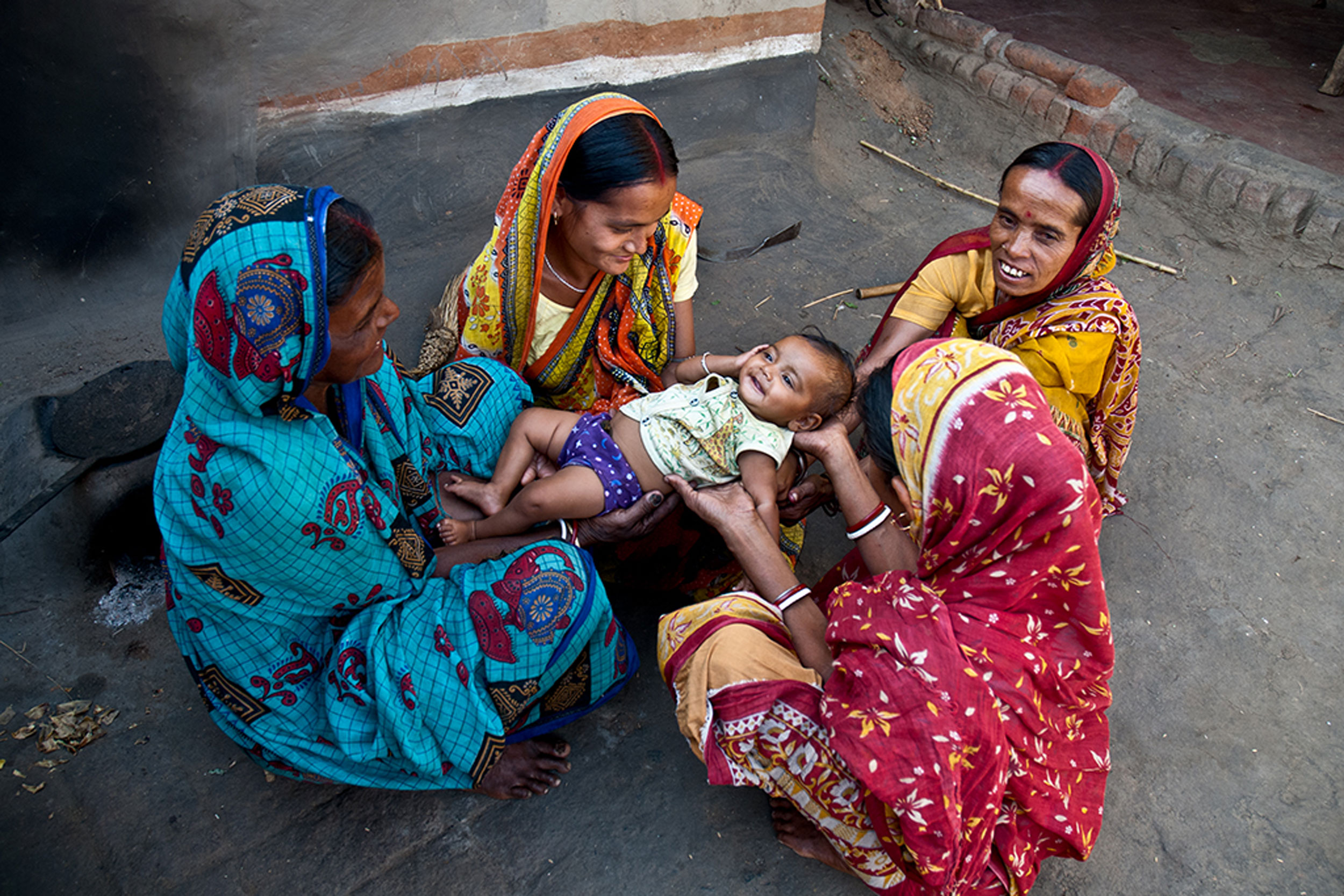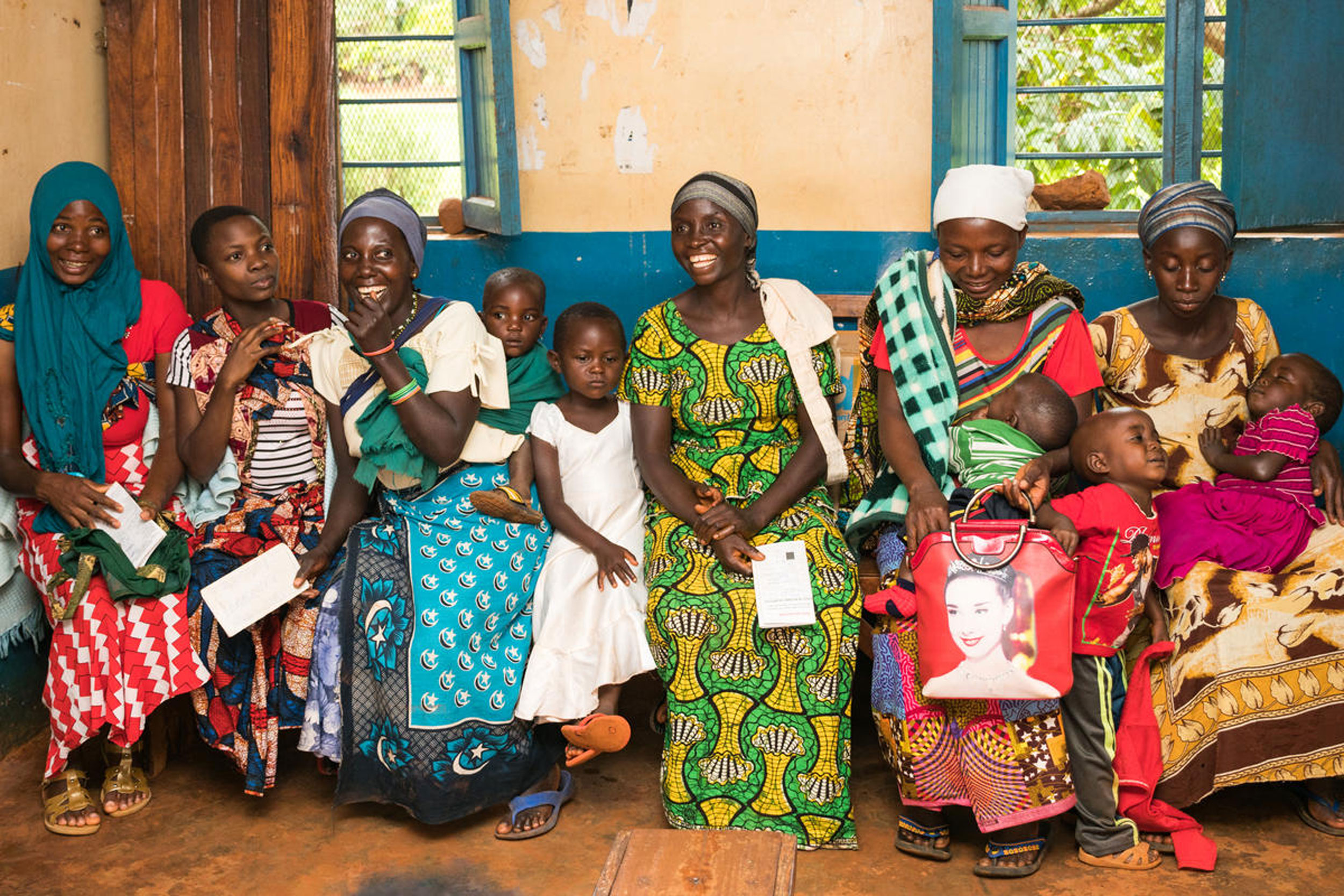Knowledge SUCCESS is using the latest learnings from behavioral science and design thinking to make knowledge management easy, attractive, salient and timely. CCP has chosen to borrow from these disciplines because they are audience-first in their approaches, meaning that the audience is an integral part of building the solutions to ensure that the solutions work for them.
Knowledge management is used consistently to improve performance, systems and policies by collecting, curating and adapting the latest evidence and best practices on family planning, reproductive health and other global health areas into tools that make it easy to share with the people on the ground who need it. The goal is to improve the health of men, women and families everywhere.
Thus far, the project has delivered transformational approaches to common challenges in knowledge management, and revealed new insights into family planning professionals’ motivations and barriers to sharing knowledge.
The new work builds on the success of CCP’s Knowledge for Health (K4Health) project. K4Health is known for many products, including Family Planning Voices, the Global Health eLearning Center, the Global Health: Science and Practice journal, the popular Family Planning: A Global Handbook for Providers, Photoshare and K4Health toolkits.
The Knowledge SUCCESS team combines extensive knowledge management and family planning expertise with emerging behavioral science approaches and a global and regional reach that will define the project as a knowledge management powerhouse.
In order to fill its mandate to strengthen health systems and improve voluntary family planning and reproductive health programs, Knowledge SUCCESS is working closely with staff in the field to ensure that local organizations can gain the expertise they need to incorporate knowledge management approaches and techniques into what they do.



